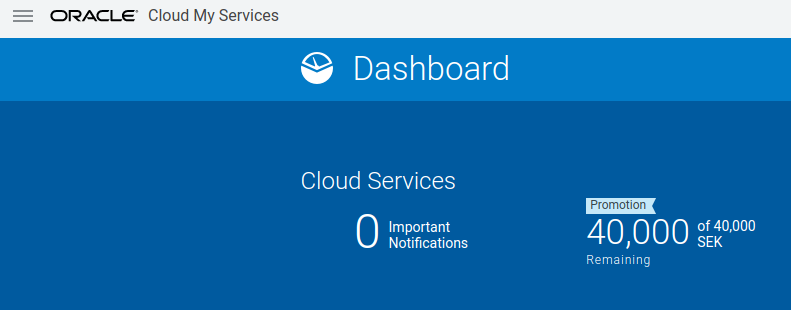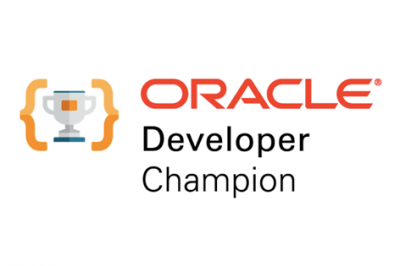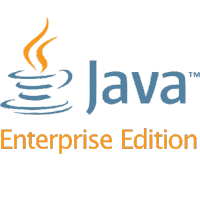When Oracle announced that MVC 1.0 was withdrawn from Java EE 8, they also indicated that they were investigating a possible transfer to a community member or organization for completion as a standalone JSR. True to their word, a request for a transfer ballot of JSR 371 has now been submitted to the JCP Executive Committee.
I am happy to announce that I will be the receiving part of this transfer and thus will take over as Spec Lead for JSR 371.
So, why would I want to take over a JSR that ranked so low in the Java EE Survey? Well, there are several reasons for that:
First of all the incredible community support and interest there is for MVC 1.0. For example, JSR 371 is the most widely adopted JSR by Java User Groups participating in the Adap-a-JSR program. No less than 8 JUGs have adopted this JSR!
Secondly, I feel that the wording of the question in the survey may have played a role. The question for MVC was “How important is MVC API for the next generation of cloud and microservices applications? (1=Not Important, 2, 3, 4, 5=Very Important)”. Still, 505 responded Very Important and only 361 Not Important. The rest were pretty evenly distributed. See Java EE Survey Results for the complete numbers.
Third, only 1693 surveys were completed worldwide. Out of 10 million Java developers, this is an alarmingly low number taking into consideration that the survey was open for more than a month and there were massive encouragements for participation from the community, including Oracle.
Fourth, in the Java EE Guardians survey that was performed just prior to the Java EE 8 survey more than 30% of the respondents answered Very Important to the question “How important is it to add a new action-oriented MVC framework to Java EE?”.
The Way Forward
The most important thing right now is that the request for transfer is approved by the EC. The ballot closes January 30, so shortly after that the practical work may start.



